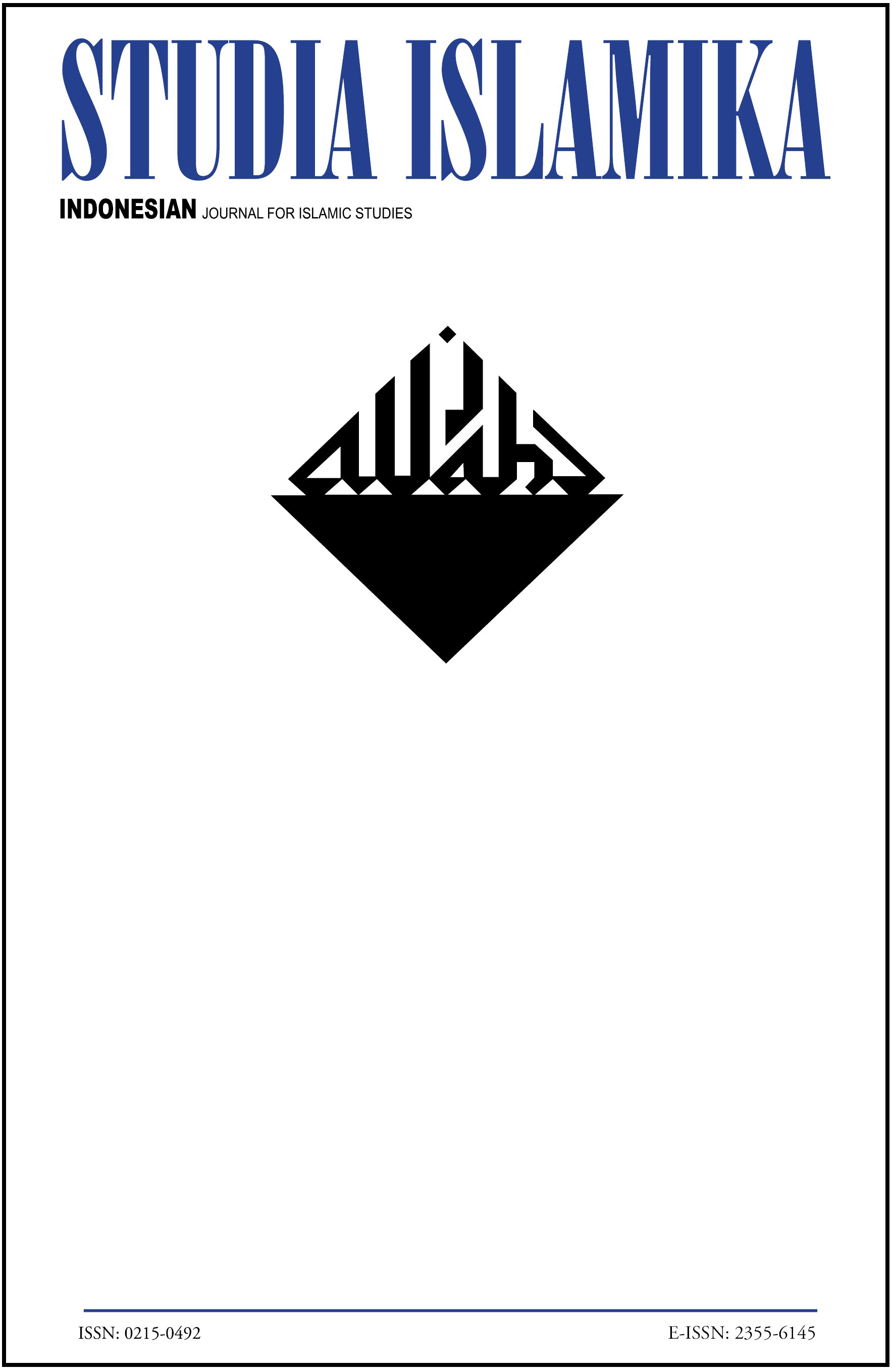Abstract
This paper describes PPIM’s research entitled “ The Impact and Resilience of Senior High School Education Institutions in Islamic Boarding Schools (Pesantren) during the COVID-19 Pandemic Crisis: Study of 15 Pesantren in Jakarta, Banten, and West Java” (PPIM, 2021). This study is to observe the resilience and vulnerability of a pesantren towards the spread of the COVID-19 pandemic. In addition, the research also aims to explore the role of nyai (a wife of kiai, a pesantren leader) during the pandemic. The study was conducted from May to November 2021. The result of this study was presented to the public in January 2022.The Ministry of Education and Culture (MEC) Republic of Indonesia reported that the pandemic impacted around 68 million students who were forced to do online learning (Puspita, 2021). Pesantren are one of the educational institutions in Indonesia that focus on Islamic teaching. One of the most critical aspects of a pesantren is the dormitory that enables students (santri) to live together in one environment. The essence of pesantren is to train the santri to be independent and educate them to have Islamic values. This essence can only be achieved through direct teaching. When most schools carried out online learning to avoid transmission of the COVID-19 virus, pesantren continued to conduct offline learning as mandated by the joint decision of four Ministries; MEC, Ministry of Religious Affairs (MORA), Ministry of Health (MOH), and Ministry of Home Affairs (MOHA) (Kementerian Pendidikan dan Kebudayaan RI, 2020). Even though the Indonesian government has established a set of strict health protocols, it was found that 4.328 santri from 67 pesantren in 13 provinces were confirmed positive of COVID-19 in 2021 (Putri, 2021). A recent study by PPIM UIN Jakarta in 3 Islamic Universities found that pesantren alumni have lower knowledge, behaviour, and perception than non-pesantren alumni. In addition, the study also revealed that male students have more inadequate knowledge, behaviour, and perception than females (PPIM, 2021). On that note, the role of nyai is essential as the messenger of kiai to deliver accurate information and become a role model for santri in enforcing the rules.Authors who publish with this journal agree to the following terms:
- Authors retain copyright and grant the journal right of first publication with the work simultaneously licensed under a Creative Commons Attribution License that allows others to share the work with an acknowledgement of the work's authorship and initial publication in this journal.
- Authors are able to enter into separate, additional contractual arrangements for the non-exclusive distribution of the journal's published version of the work (e.g., post it to an institutional repository or publish it in a book), with an acknowledgement of its initial publication in this journal.
- Authors are permitted and encouraged to post their work online (e.g., in institutional repositories or on their website) prior to and during the submission process, as it can lead to productive exchanges, as well as earlier and greater citation of published work.
Downloads
Download data is not yet available.

